EPSU-HOSPEEM Guidelines and examples of good practice to address the challenges of an ageing workforce in the healthcare sector
Brussels, 11 December 2013: Signature of the EPSU-HOSPEEM guidelines and examples of good practice to address the challenges of an ageing workforce in the healthcare sector.
In the context of the Plenary Meeting 2013 of the Sectoral Social Dialogue Committee for the Hospital Sector, the Secretary General of HOSPEEM, Tjitte Alkema, and the Chair of EPSU’s Standing Committee “Health and Social Services”, Liza di Paolo Sandberg, signed the joint guidelines and examples of good practice to address the challenges of an ageing workforce in the healthcare sector. The document had been agreed upon in October 2013, following nearly two years of negotiations.
The aim of the document is to provide guidance to support social partners as well as decision makers, managers, workers and other stakeholders at national, regional and local and level, addressing different aspects related to age management policies such as flexible working arrangements, talent management and training, health and safety at work, workforce planning and retirement planning. It is for the social partners at all levels to work in partnership and to consider how this guidance can complement their own systems, initiatives and measures.
![]() Read and download the press release
Read and download the press release
EPSU-HOSPEEM Guidelines to address the challenges of an ageing workforce in the healthcare sector:
![]() Download in ENG
Download in ENG ![]() Download in FR
Download in FR ![]() Download in DE
Download in DE
Background: HOSPEEM-EPSU work on ageing workforce 2006-2013
HOSPEEM-EPSU Study (2006) “Promoting realistic active ageing policies in the hospital sector” : ![]() Download in EN
Download in EN ![]() Download in FR
Download in FR
Technical Seminar HOSPEEM-EPSU “Managing the ageing workforce: Challenges, opportunities and experiences” (Brussels, 27 April 2012) ![]() Download the programme
Download the programme
Documents provided by HOSPEEM members and EPSU affiliates
Finland
![]() Finnish Institute of Occupational Health (FIOH): Working time + Occupational health – EN
Finnish Institute of Occupational Health (FIOH): Working time + Occupational health – EN
![]() Finnish Institute of Occupational Health (FIOH): Shift planning + Ergonomics – EN
Finnish Institute of Occupational Health (FIOH): Shift planning + Ergonomics – EN
![]() Public Works Department: Helsinki case study in good health age programme – EN
Public Works Department: Helsinki case study in good health age programme – EN
Germany
Berufsgenossenschaft für Gesundheitsdienst und Wohlfahrtspflege (BGW): Älter werden im Pflegeberuf – DE
![]() Initiative Neue Qualität der Arbeit (INQA)-Ratgeber Demographie: Angebote für Unternehmen im demographischen Wandel – DE
Initiative Neue Qualität der Arbeit (INQA)-Ratgeber Demographie: Angebote für Unternehmen im demographischen Wandel – DE
![]() Federal Institute for Occupational Safety and Health: Securing the Future with Prevention: Strategies for a World of Work aligned to Demographic Change – EN
Federal Institute for Occupational Safety and Health: Securing the Future with Prevention: Strategies for a World of Work aligned to Demographic Change – EN
The Netherlands
![]() StAZ: Memo “Active Ageing + Dutch Ageing Workforce Policies” – EN
StAZ: Memo “Active Ageing + Dutch Ageing Workforce Policies” – EN
United Kingdom of Great Britain and Nothern Ireland
![]() DWP: Health Sector: Tackling Ageing Workforce Issues: Resource Pack – EN
DWP: Health Sector: Tackling Ageing Workforce Issues: Resource Pack – EN
![]() DWP/NHS: Managing Ageing Workforce Health & Social Care – EN
DWP/NHS: Managing Ageing Workforce Health & Social Care – EN
Agewell Initiative – Sandwell Primary Care Trust (NHS) – EN
![]() Guide Employers Performance & Retirement Practices (UK) – EN
Guide Employers Performance & Retirement Practices (UK) – EN
![]() RCN: Protecting employment for older nurses – EN
RCN: Protecting employment for older nurses – EN
![]() RCN: Nurses later stage careers – EN
RCN: Nurses later stage careers – EN
Background documents collected by HOSPEEM and EPSU Secretariats
![]() DG EMPL: Integration Ageing Workforce (2001) – EN
DG EMPL: Integration Ageing Workforce (2001) – EN
![]() CEEP: Valuing Age (2003) – EN
CEEP: Valuing Age (2003) – EN
![]() EFILWC: Working conditions ageing workforce (2008) – EN
EFILWC: Working conditions ageing workforce (2008) – EN
![]() EFILWC: Search engine for good practices in ageing management of Eurofound
EFILWC: Search engine for good practices in ageing management of Eurofound
![]() OSHA: Thematic Webpage “Ageing Workers – Safety and Health”
OSHA: Thematic Webpage “Ageing Workers – Safety and Health”
![]() OSHA: Thematic Webpage “Ageing Workers – Safety and Health”
OSHA: Thematic Webpage “Ageing Workers – Safety and Health”
![]() EU Trio Presidency: Assessing Future Health Workforce Needs (2010) – EN
EU Trio Presidency: Assessing Future Health Workforce Needs (2010) – EN
![]() HOPE: Ageing Workforce and Ageing Patients (2010)
HOPE: Ageing Workforce and Ageing Patients (2010)
ETUI: Occupations and Ageing@Work (2010): ![]() Download in EN
Download in EN ![]() Download in FR
Download in FR
![]() Eurofound: Sustainable Work and the Ageing Workforce – Report on the basis of the 5th European Working Conditions Survey (2012)
Eurofound: Sustainable Work and the Ageing Workforce – Report on the basis of the 5th European Working Conditions Survey (2012)
DG EMPL: EEO Review – Employment Policies to Promote Active Ageing 2012 (2012): ![]() Download in EN,
Download in EN, ![]() Download in FR and
Download in FR and ![]() Download in DE
Download in DE
![]() Andrea Winkelmann-Gleed: Demographic change and implications for workforce ageing in Europe: Raising awareness and improving practice (WLRI Working Paper 5)
Andrea Winkelmann-Gleed: Demographic change and implications for workforce ageing in Europe: Raising awareness and improving practice (WLRI Working Paper 5)
Research Papers and Presentations at Technical Review Seminar “Employment policies to promote active ageing” in the framework of the Mutual Learning Programme under the European Employment Strategy, 11 June 2012, Brussels
![]() Paper “Globalization and the Labour Market Situation of Older Workers: Exploring Trends, Challenges and Strategies for Adaptation”, Dirk Hofäcker, MZES, Mannheim (Germany)
Paper “Globalization and the Labour Market Situation of Older Workers: Exploring Trends, Challenges and Strategies for Adaptation”, Dirk Hofäcker, MZES, Mannheim (Germany)
![]() Paper “Living Longer – Working Better”, Donald Storie, European Foundation for the Improvement of Living and Working Conditions (EUROFOUND), Dublin
Paper “Living Longer – Working Better”, Donald Storie, European Foundation for the Improvement of Living and Working Conditions (EUROFOUND), Dublin
![]() Presentation “Elaborating guidance and good practice in relation to various challenges of an ageing health care workforce: Flashlights on work in progress between EPSU and HOSPEEM”, Mathias Maucher, EPSU
Presentation “Elaborating guidance and good practice in relation to various challenges of an ageing health care workforce: Flashlights on work in progress between EPSU and HOSPEEM”, Mathias Maucher, EPSU
![]() Presentation “The role of measures to encourage older workers to stay longer in the labour process”, Jan Schugk, Confederation of Finnish Industries
Presentation “The role of measures to encourage older workers to stay longer in the labour process”, Jan Schugk, Confederation of Finnish Industries
Liaison Forum Social Dialogue, 27 May 2013, Brussels
![]() Presentation “Managing the Ageing Workforce:-A joint priority of HOSPEEM and EPSU, the European Social Partners in the hospital sector: Guidelines and examples of good practice to address the challenges of an agein workforce”, Elisa Benedetti, HOSPEEM
Presentation “Managing the Ageing Workforce:-A joint priority of HOSPEEM and EPSU, the European Social Partners in the hospital sector: Guidelines and examples of good practice to address the challenges of an agein workforce”, Elisa Benedetti, HOSPEEM

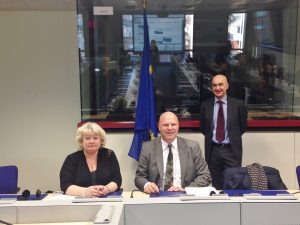
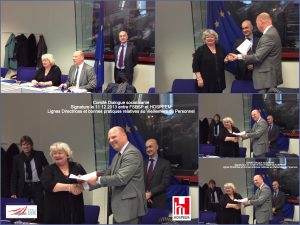
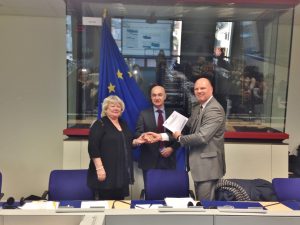

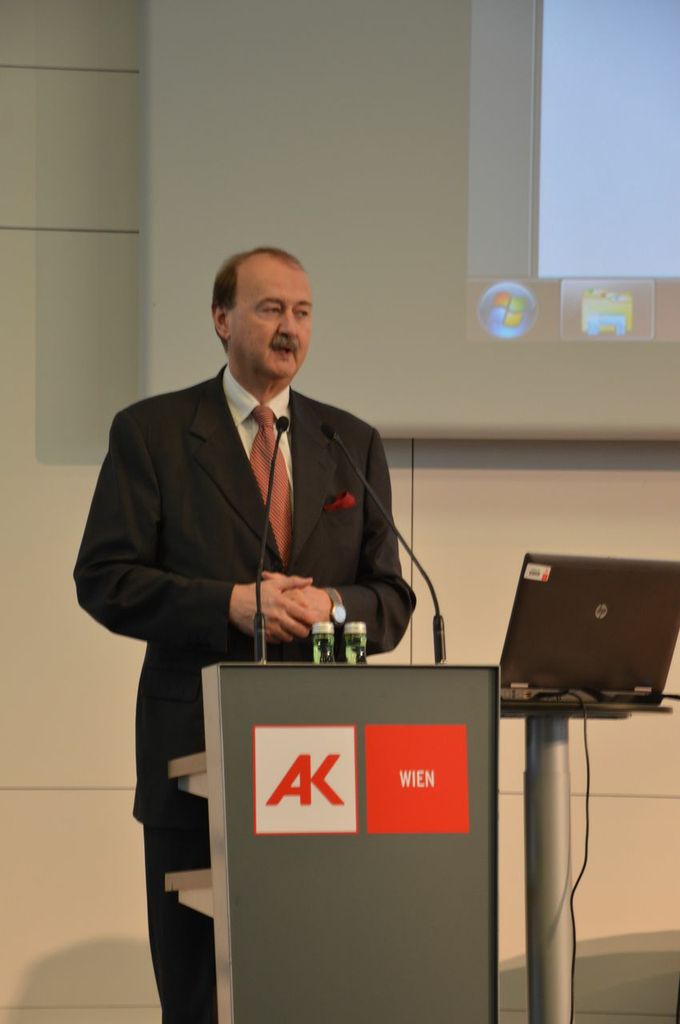
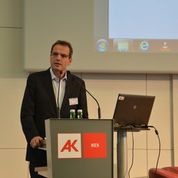
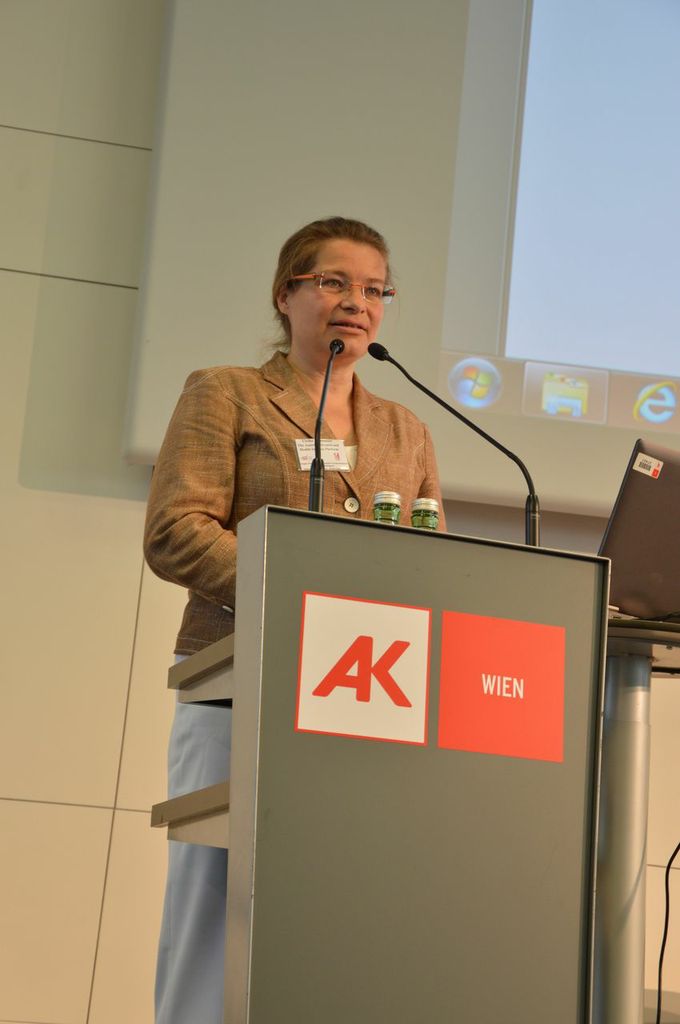
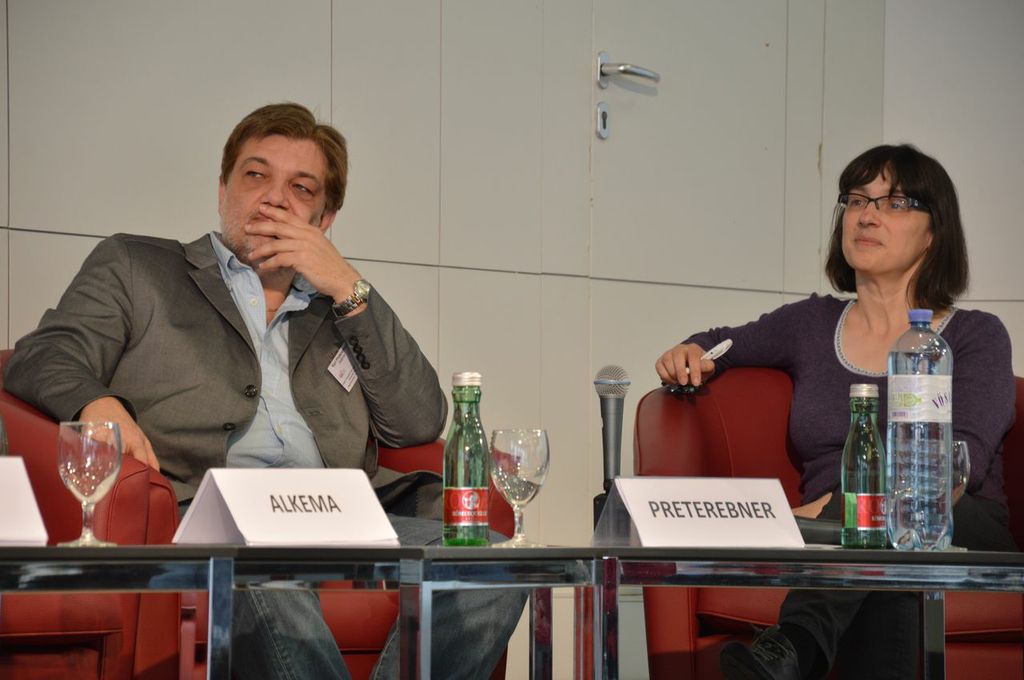
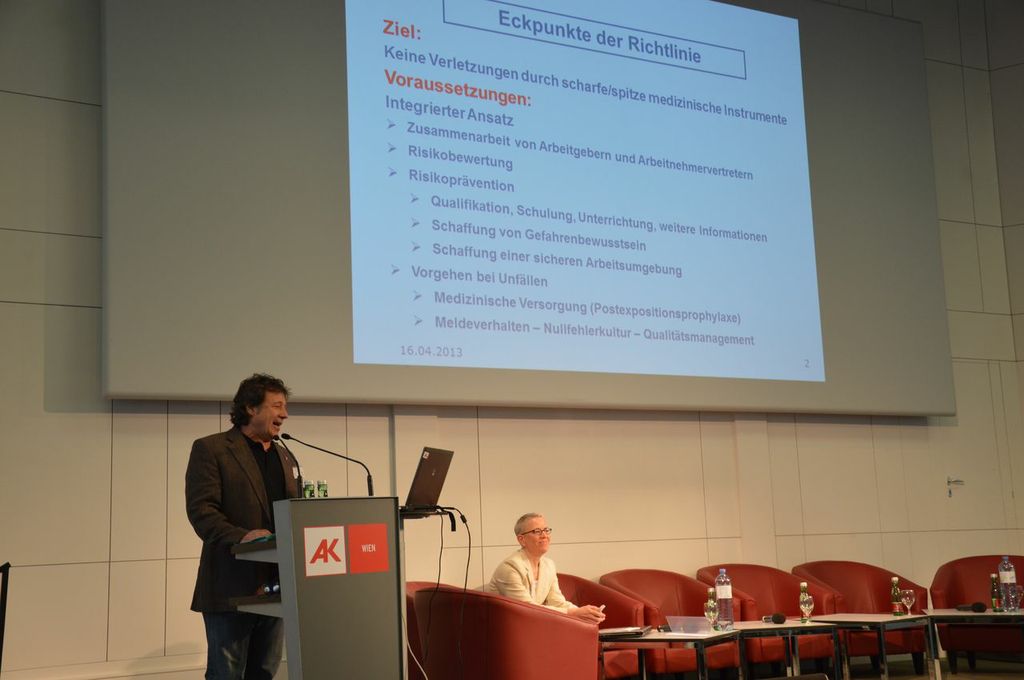
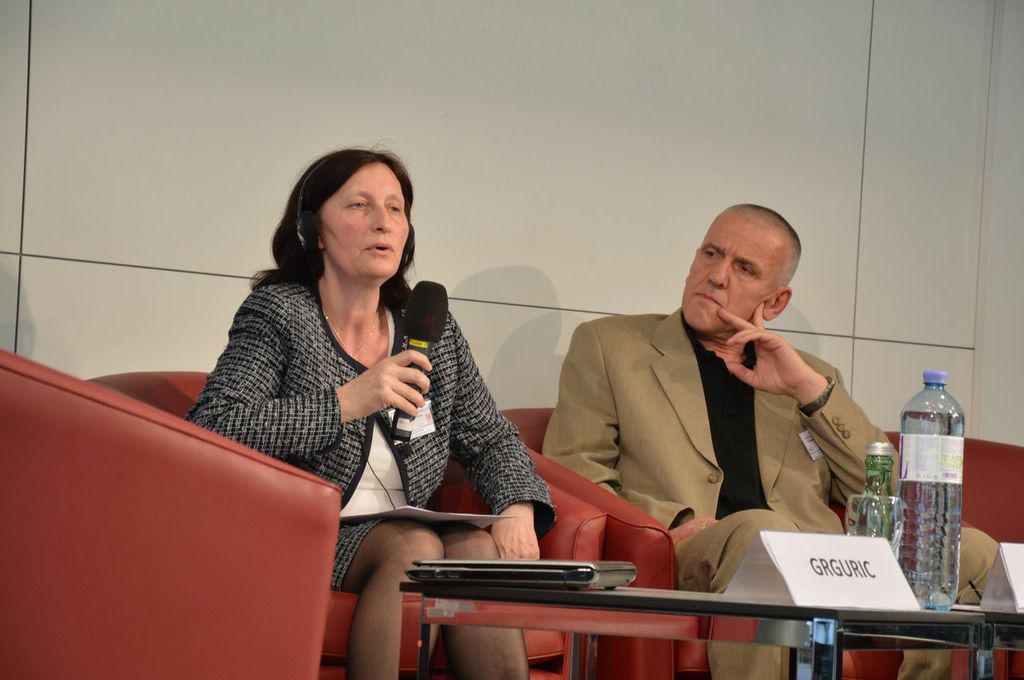
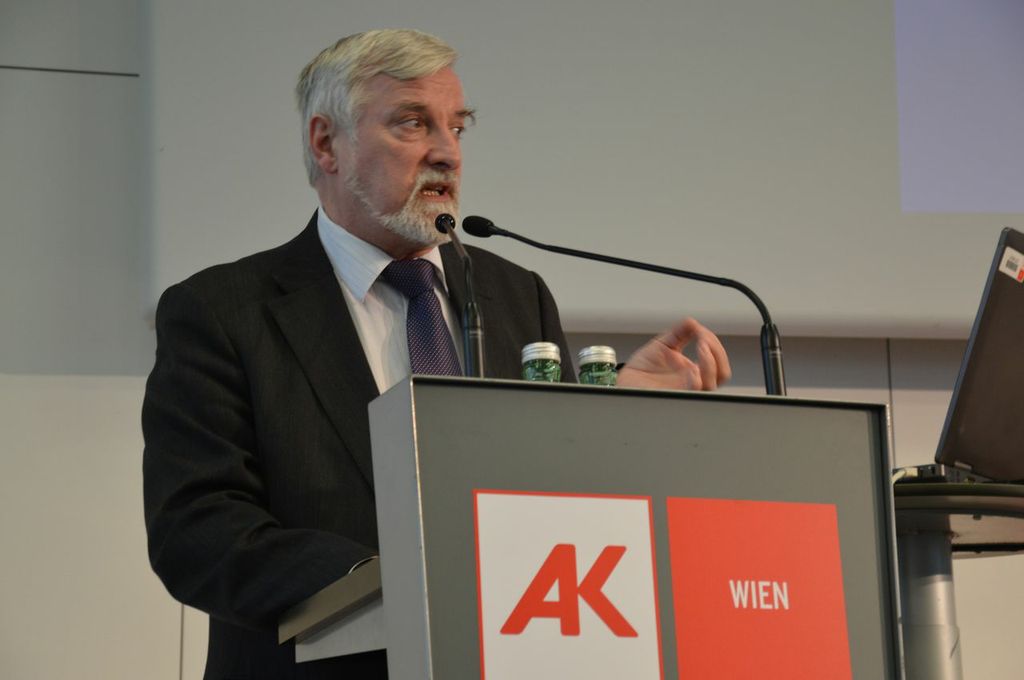
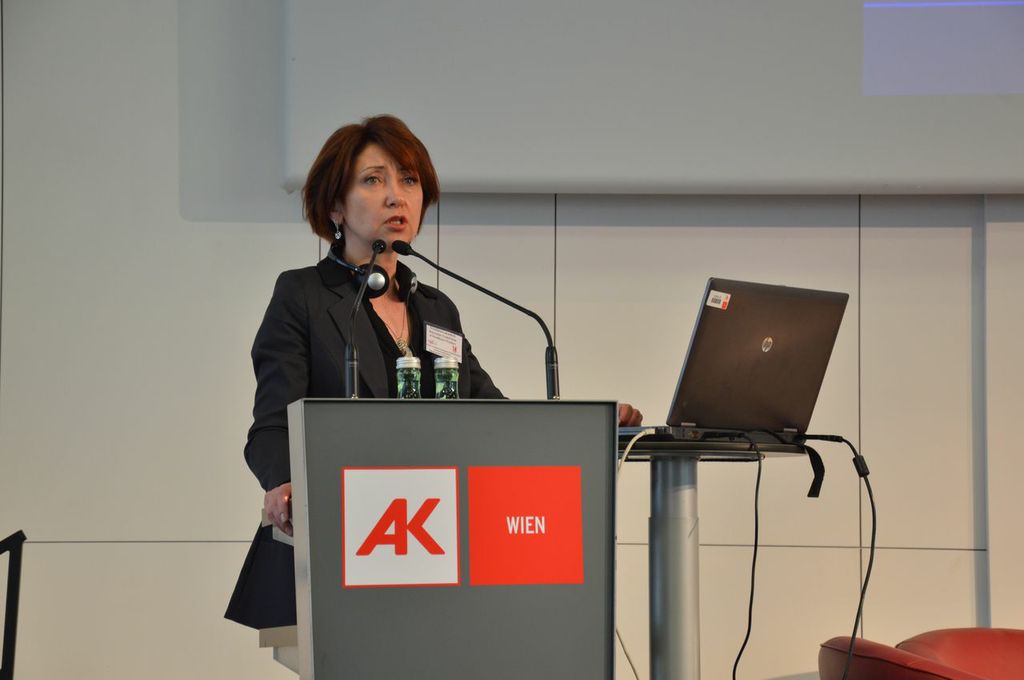
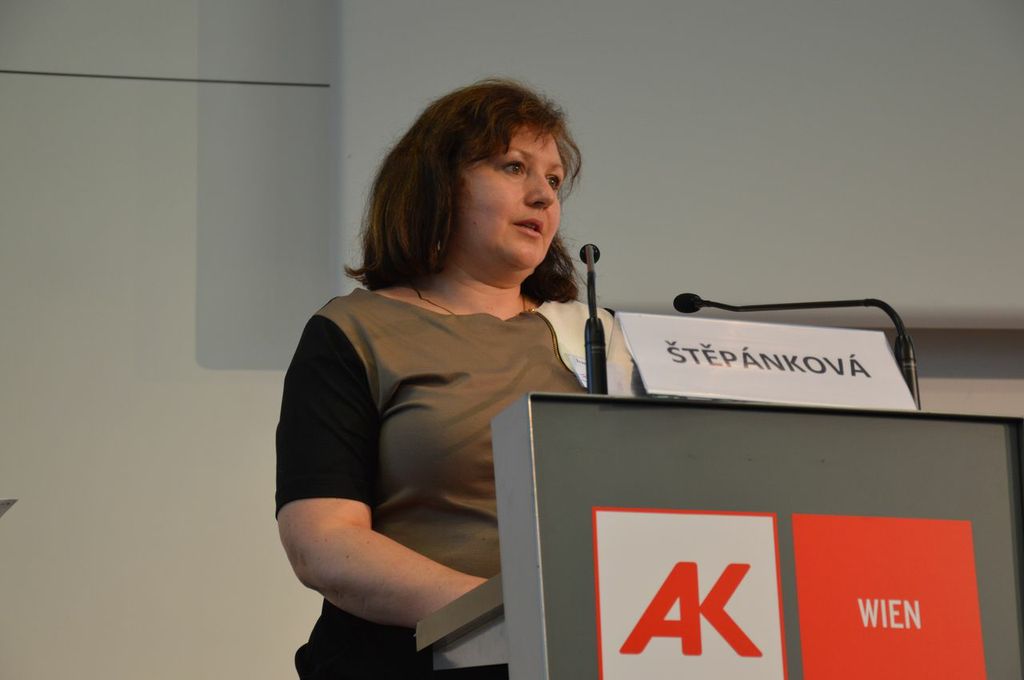
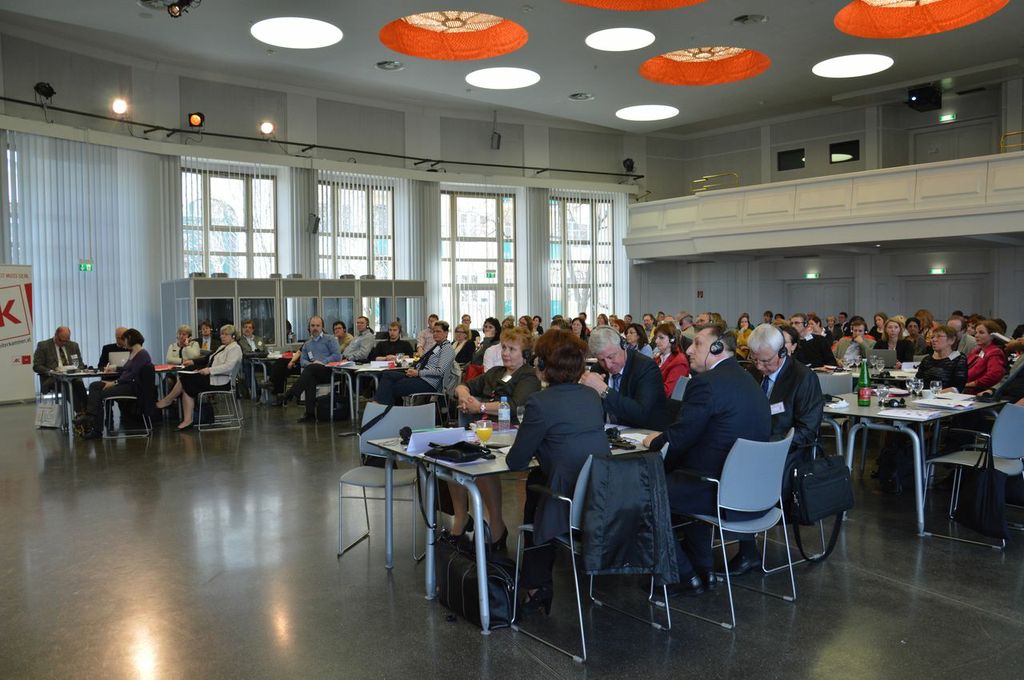
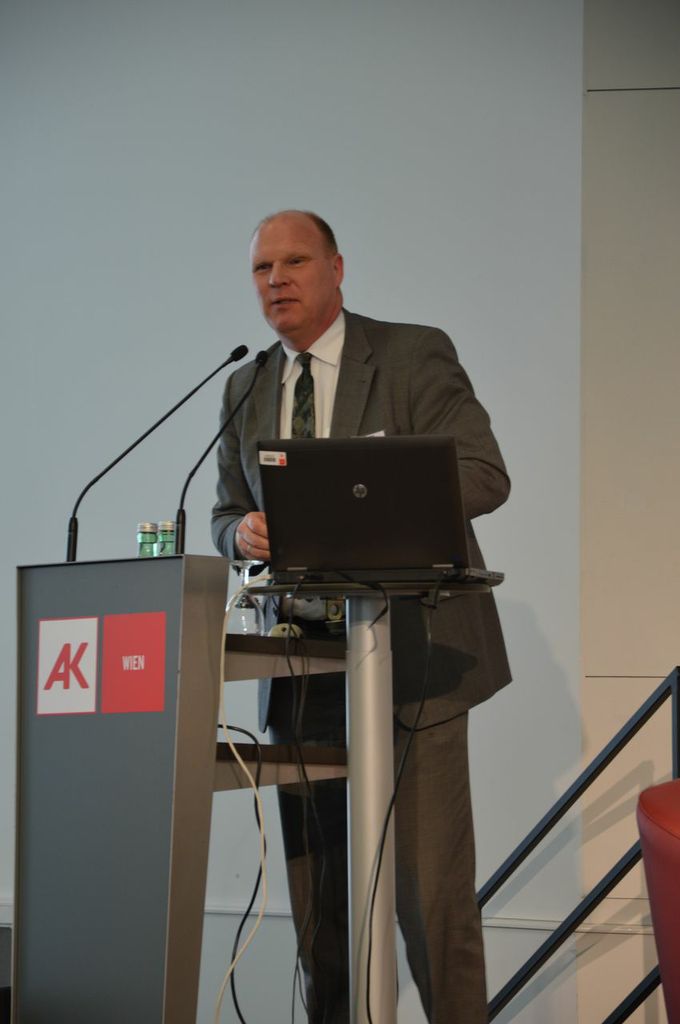
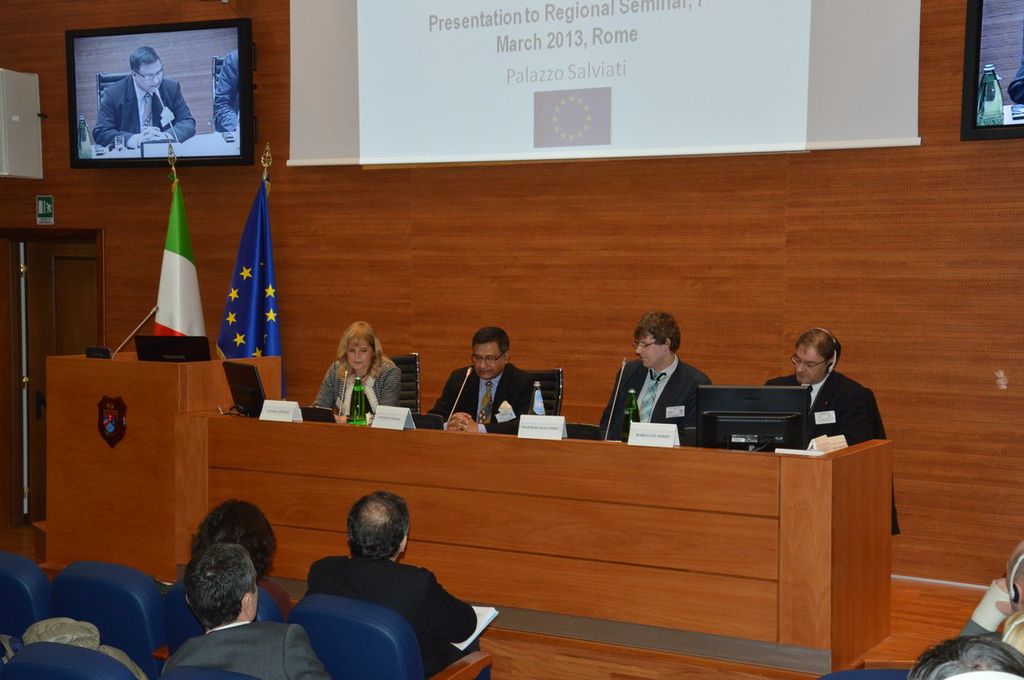
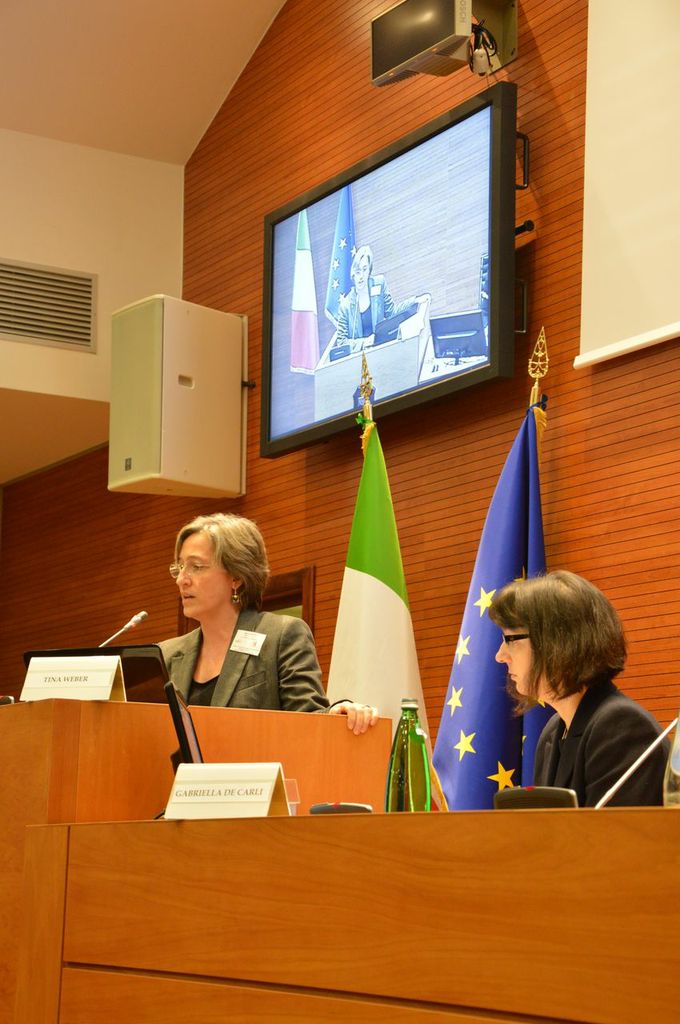
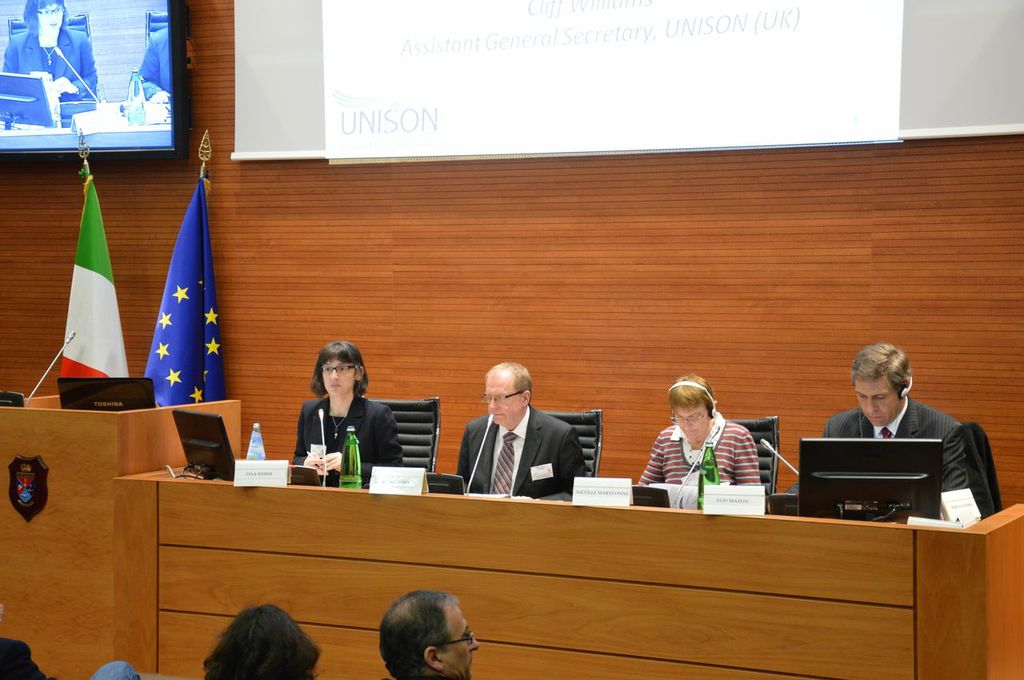
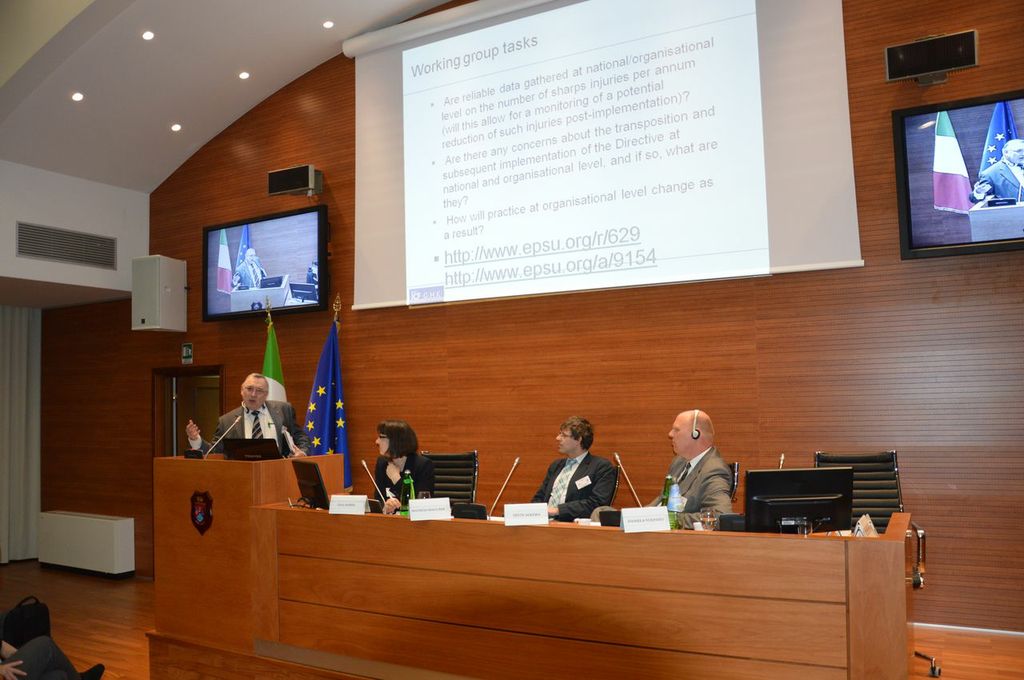
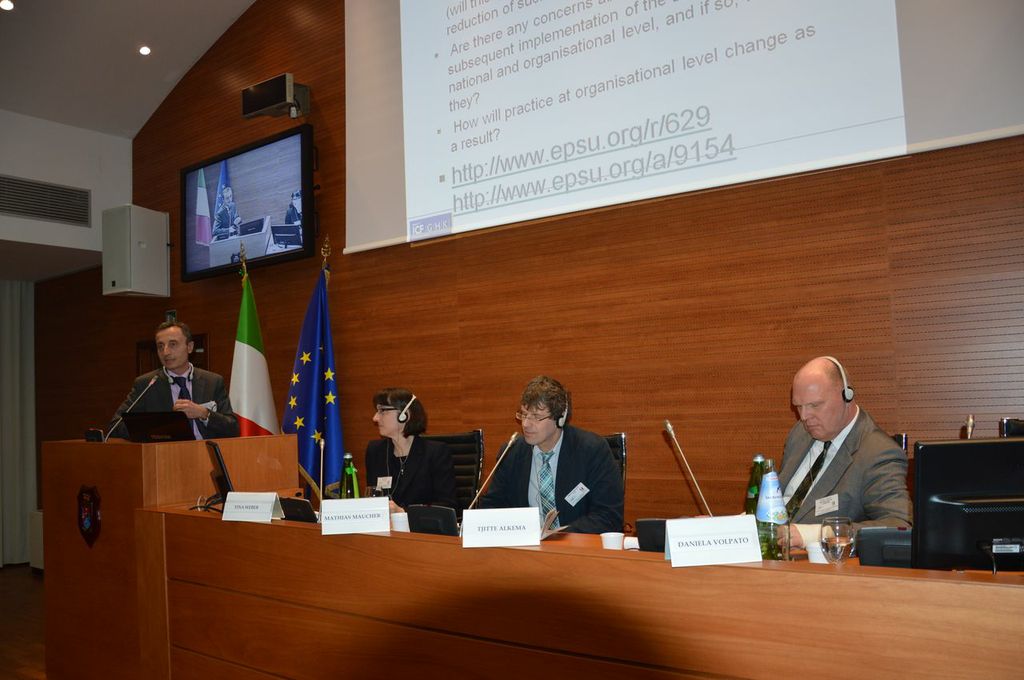
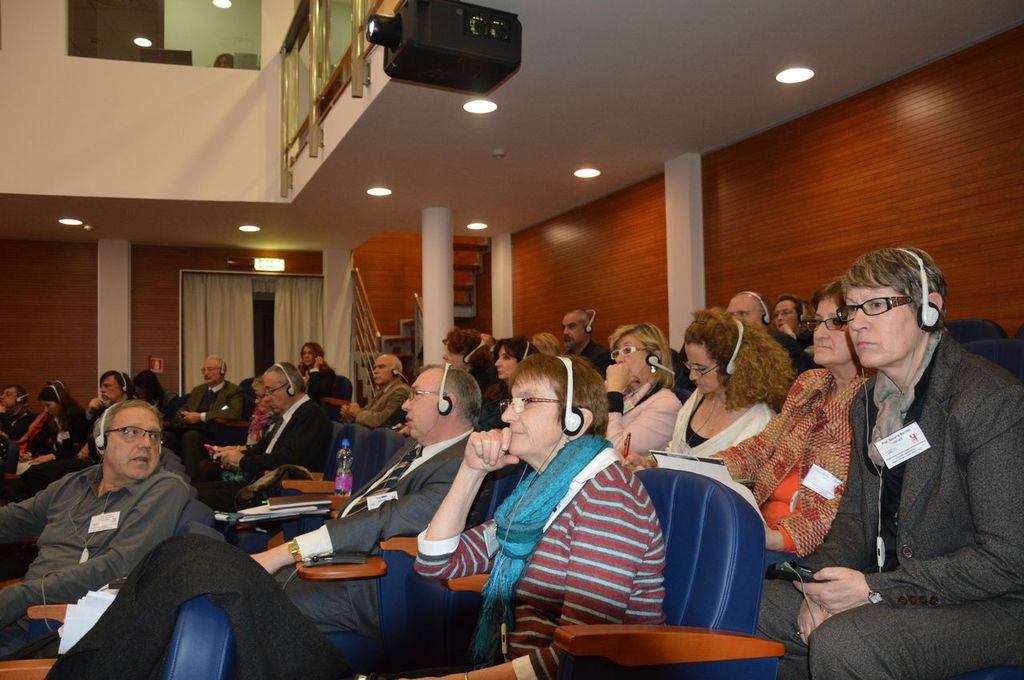
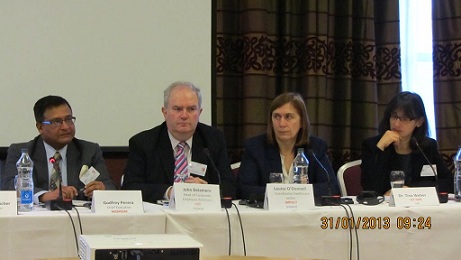
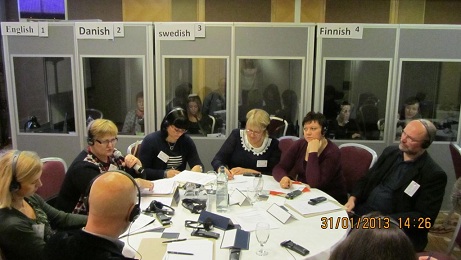
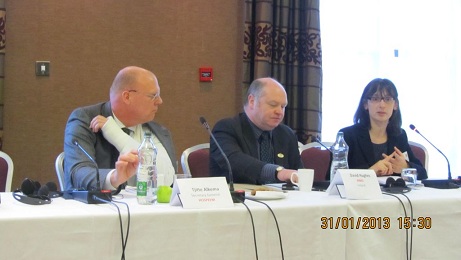

Recent Comments